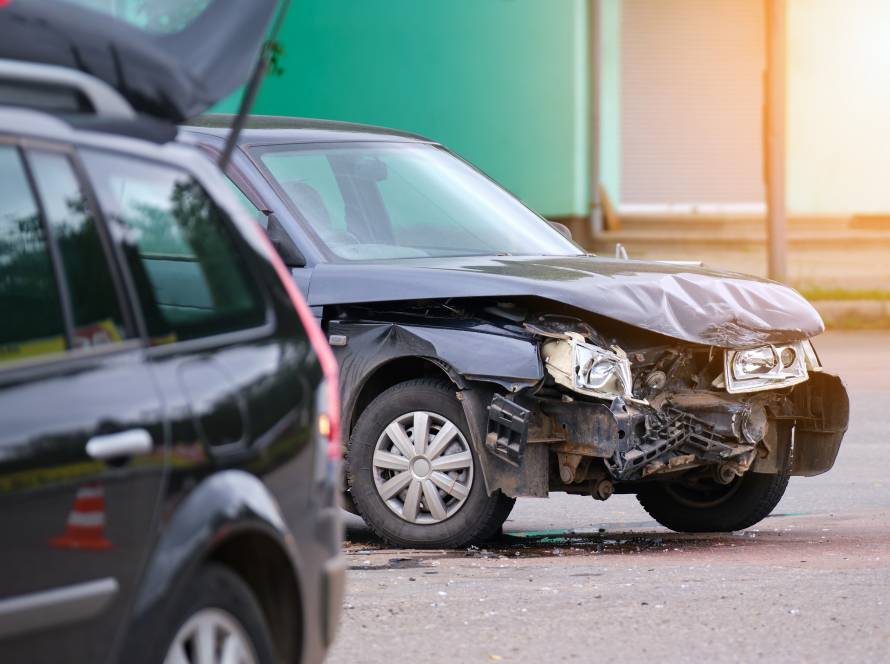Personal Injury: Understanding the Hows and Whys Behind the Claims
Personal injury claims arise when one person suffers harm due to the negligence or wrongful conduct of another. This can include a wide range of incidents, including car accidents, slip and falls, medical malpractice, defective products and more.
A personal injury claim is different from a property damage claim because it does not require that you own property in order for you to seek compensation for your injuries. For example: if you are hit by a car while walking down the street and get injured as a result (or even killed), then this would be considered a personal injury case because no property was damaged during the incident itself; instead only your body was harmed (and possibly others).
Elements of a Personal Injury Claim
There are five elements of a personal injury claim. They are:
- Duty of Care
- This is the obligation that an individual has to act in a reasonable manner and not cause harm to others.
- Breach of Duty – If you can prove that someone breached their duty of care, then you may be able to recover damages for your injuries caused by the breach.
- Causation – This means that there must be some connection between your injury and what happened at the time it occurred (i.e., if you were hit by a car while crossing the street). For example, let’s say there was no traffic light where you were crossing and another driver hit your leg as he drove through an intersection without stopping at all–this would likely mean there wasn’t any negligence on his part because he couldn’t have known about your presence until after he ran into you! But if there was already an existing traffic light at this intersection with flashing yellow lights indicating pedestrians should wait before crossing…well then maybe those flashing yellow lights would have prevented this accident from happening altogether!
Duty of Care
The duty of care is a legal obligation that everyone owes to other members of society. In personal injury claims, this means that the defendant owes you a duty of care and must act responsibly in order to avoid causing harm.
For example: if you were hit by a car while crossing the street, it would be reasonable for you to expect that drivers will drive at safe speeds in good weather conditions. If they breach this standard by speeding or driving through rain without using their headlights, they have breached their duty of care towards pedestrians like yourself who may be crossing at that time.
Breach of Duty
A breach of duty is when a person or company has failed to uphold their duty of care. This can be in any number of ways:
- Failing to warn you about risks associated with an activity
- Not providing adequate safety equipment, such as helmets and protective gear at work sites
- Not properly maintaining their equipment (for example, if a ladder breaks under your weight)
Causation
Causation is the legal term for determining whether or not a defendant’s actions directly caused your injury. You must show that there was no other reasonable explanation for why your injuries occurred. If there are multiple possible causes then causation becomes more difficult to establish.
Causation can be established in one of two ways: either by proving that the defendant’s conduct was a substantial factor in causing your injury, or by proving that it was the sole cause of your injury (this is called “but-for” causation). In most cases, however, proving both will be necessary if you want to win your case and receive compensation from another party who caused harm through their negligence or recklessness.
Types of Compensation
There are three basic types of compensation that you can receive if you have a personal injury claim: economic damages, non-economic damages and punitive damages.
Economic Damages
This is money that covers your medical bills and other expenses related to your injury. For example, if you broke your leg in an accident and had to pay $1,000 for surgery, that would be considered economic damages. You may also be able to recover lost wages due to missing work while recovering from the injury (if applicable).
Non-Economic Damages
These include things like pain and suffering as well as loss of consortium (which means loss of companionship). The amount awarded will vary depending on how severe the injuries were or how much they affected your lifestyle before they healed completely; however there’s no set formula for calculating these amounts because every situation is different!
Punitive Damages
Punitive damages, also known as exemplary damages, serve as a powerful deterrent in civil lawsuits, aiming to punish wrongdoers for their malicious or reckless actions. These damages go beyond compensatory damages, which primarily cover the victim’s losses, and are designed to send a strong message to both the defendant and society at large. It’s important to note that punitive damages are not awarded in every personal injury case, but rather in instances where the defendant’s conduct is deemed particularly egregious or harmful.
If you or a loved one has been injured due to someone else’s negligence, contact our experienced attorneys today for a free consultation. We can help you understand your rights and options in personal injury claims. We are dedicated to helping you understand your rights and options in personal injury claims. If you or a loved one has been injured due to someone else’s negligence, contact our experienced attorneys today for a free consultation to discuss your case.




